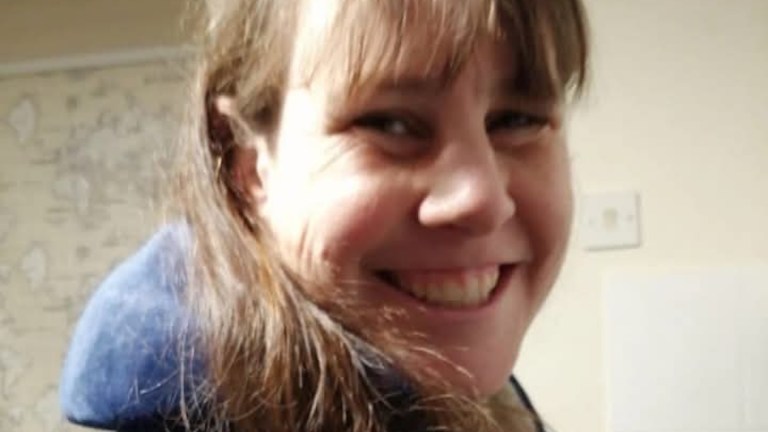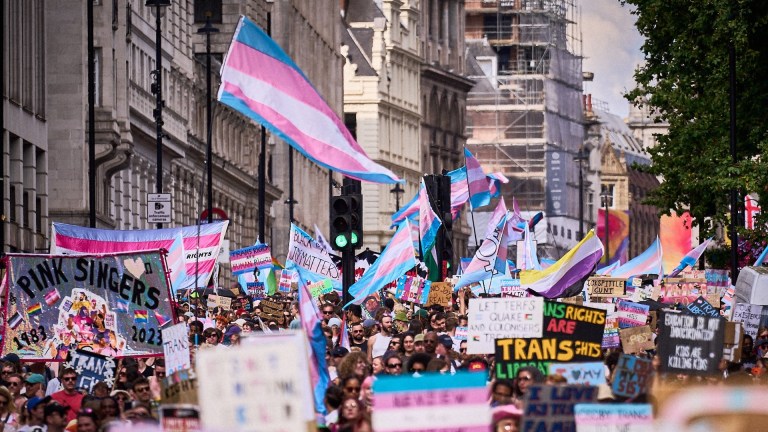Around 200,000 people were ineligible for universal credit in lockdown because the government said their partner earned too much, a new study has found, despite struggling to afford food and falling behind on bills.
The controversial benefit system “fails to support many people facing financial strain,” academics said, after a total 500,000 people were left without state support in July and August last year despite losing at least 10 per cent of their income in the pandemic.
“The benefits system targets those struggling the most – but this misses out people who are struggling, but not quite enough to be eligible for anything,” said Dr Ben Baumberg Geiger, lead author of the report and a senior lecturer at the University of Kent.
“We need to think about how to redesign the benefits system so that it both helps those most in need and provides broader support to other people that are struggling.”
As well as those denied universal credit because of their partner’s job, another 50,000 people were ineligible for payments solely due to their migration status while 200,000 did not qualify for the benefit because of their savings.
Two fifths (40 per cent) of people ineligible for universal credit faced serious hardship, such as falling behind on bills or regularly going without fresh fruit and vegetables, while half said they experienced poor mental health.










